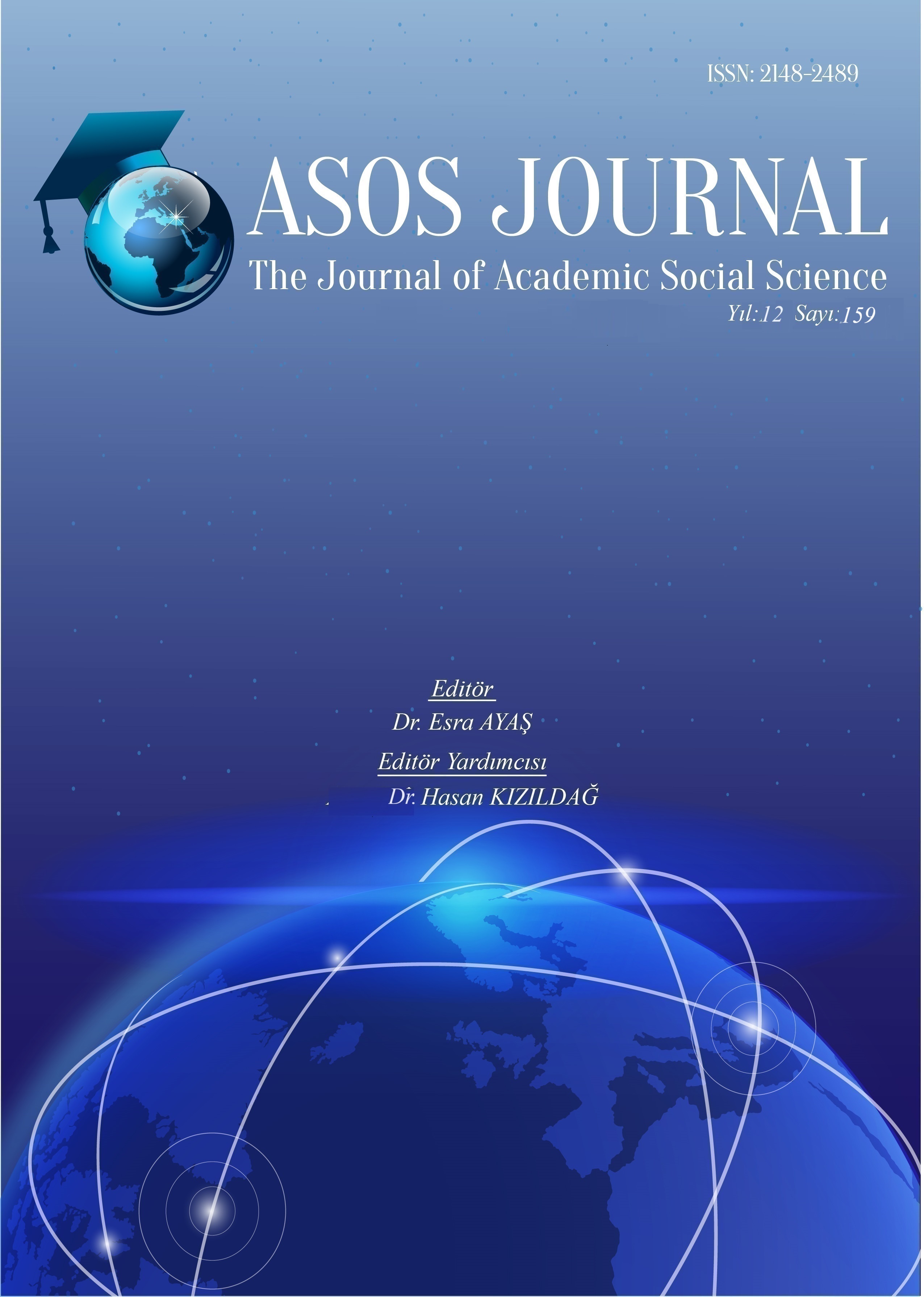BÖLGESEL GÜVENLİK POLİTİKALARININ ŞEKİLLENMESİNDE BÖLGESEL VE KÜRESEL GÜÇLERİN ROLÜ: SUUDİ ARABİSTAN-İRAN REKABETİ ÖRNEĞİ
Author :
Abstract
Çalışmada Bölgesel Güvenlik Kompleksleri Teorisi (BGKT) çerçevesinde bir bölgesel alt-kompleks olarak tanımlanan Körfez bölgesi güvenlik ilişkilerinin temel teması olan Suudi Arabistan ve İran rekabeti bir örnek olay olarak küresel hegemon güçlerle ilişki perspektifinden ele alınmıştır. Teorinin güvenlik algılamalarının ve politikalarının öncelikli olarak bölge ülkeleri arasındaki ilişkilerle belirlendiği, bölge dışı güçlerin ise bu güvenlik sistematiğine dışarıdan müdahil olabileceği varsayımı iki ülkenin birbirleriyle ve küresel hegemon güçlerle olan ilişkileri çerçevesinde incelenmiştir. Iki ülke arasındaki rekabetin tarihsel süreçte gelişiminin önemli dönüm noktalarının incelendiği çalışmada İran ve Suudi Arabistan rekabeti açısından küresel hegemon güçlerin bazı dönemlerde bölge ülkeleri arasındaki mevcut ilişkiyi dönüştürme değil, doğrudan ülkeler arasındaki ilişki biçimini belirleme olarak nitelendirilebilecek kurucu bir rol üstlendiği iddia edilmektedir. Makalenin teorik argümanı BGKT’nin güvenliğin öncelikle bölgede tesis edildiği argümanının, geçerliliğinin dönemsel olarak ve bölgelere göre değişebilecek bir argüman olduğu, bölgesel güvenlik dinamiklerinin küresel hegemon güçlerin etkisi ölçüsünde bu güçler tarafından şekillendirilebileceği ve bölge ülkelerinin küresel güvenlik sisteminde belirlenen çerçevede hareket edeceği durumların da var olabileceğidir.
Keywords
Abstract
In the study, the rivalry between Saudi Arabia and Iran, which is the basic theme of security relations in the Gulf region, defined as a regional sub-complex within the framework of the Regional Security Complexes Theory (RSCT), is discussed from the perspective of relations with global hegemonic powers as a case study. The theory's assumption that security perceptions and policies are primarily determined by the relations between regional countries, and that extra-regional powers may intervene in this already existing security system from outside, has been examined within the framework of the relations of the two countries with each other and with the global hegemonic powers. In the study, which examines the important turning points of the historical development of the competition between the two countries, it is claimed that in terms of the rivalry between Iran and Saudi Arabia, the global hegemonic powers have played a founding role in some periods, which can be described as not transforming the existing relationship between the countries in the region, but directly determining the form of relationship between them. The theoretical argument of the article is that the RSCT's argument that security is primarily established in the region is an argument whose validity may change periodically and according to regions; regional security dynamics can be primarily shaped by global hegemonic powers to the extent of capability od these Powers, and there may be situations in which the countries of the region are confined to act within the framework determined in the global security system.





